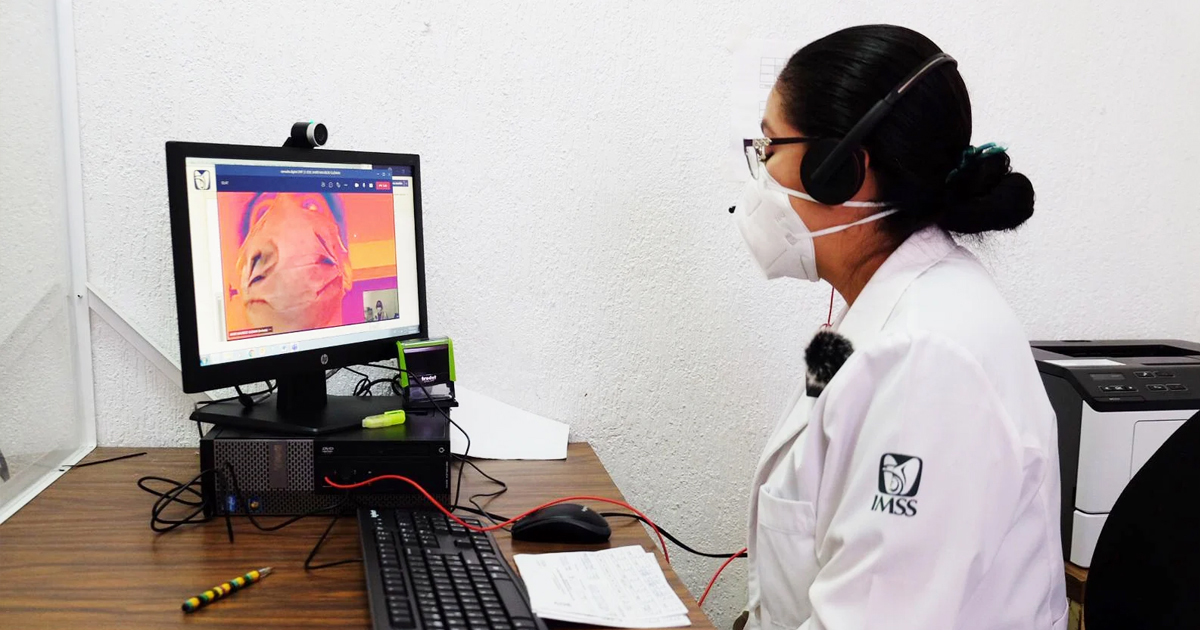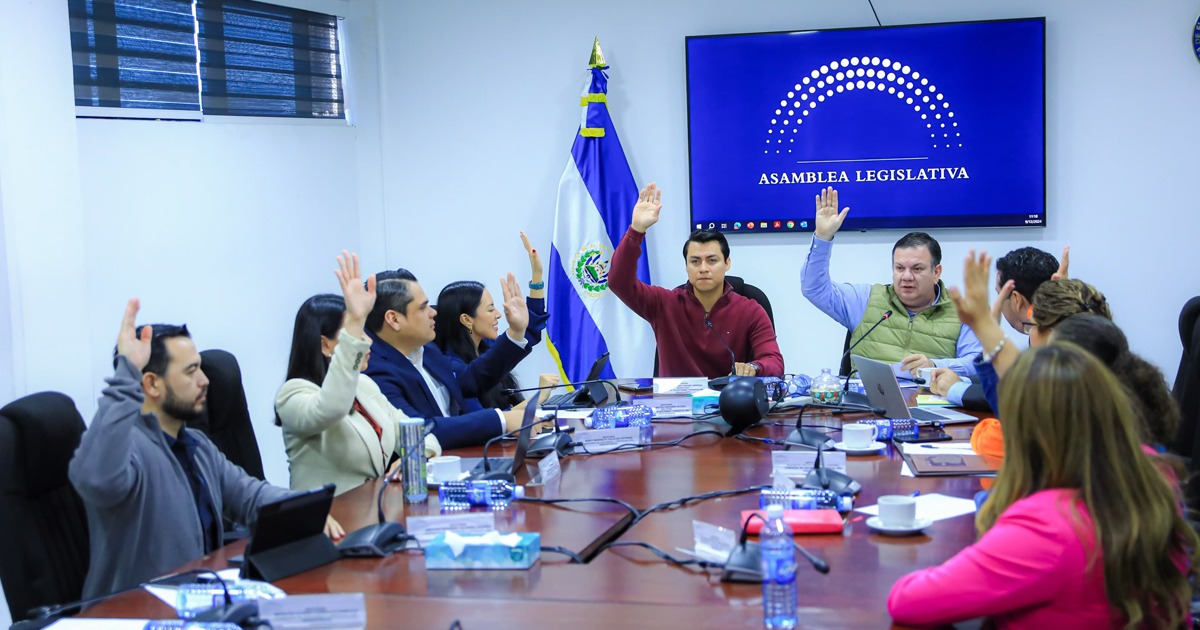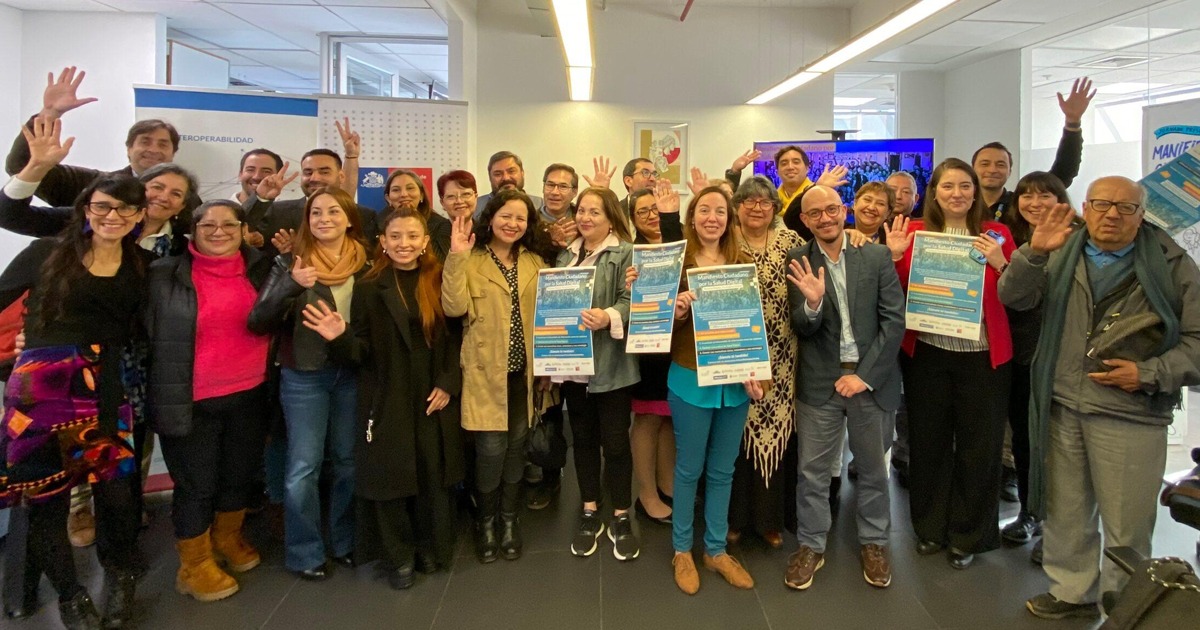The National Center for Technological Excellence in Health (CENETEC), presented a document on the considerations for remote medical care in public and private medical units in Mexico.
Remote medical care supported by digital technologies allows continuity of medical services to remote communities, or during health emergencies such as the COVID-19 pandemic.
The General Health Law in its Article 32, defines medical care as the set of services that are provided to the person, in order to protect, promote and restore their health. And on the other hand, Article 7, talks about the promotion of the incorporation, use and exploitation of Information Technologies in Health Services.
In Mexico, remote medical care is allowed, however, there is currently no specific regulation for the implementation and development of telemedicine. For this reason, it is important to promote a regulatory framework focused on digital technologies for medical care.

“The specific regulation for remote consultation must include beyond the review of actions directly related to health care and decisions. The use of digital technologies leads us to incorporate actions for the correct management of the information of the beneficiaries, improvements in the digital skills of health personnel and greater review of confidentiality and privacy issues”, explains the CENETEC document.
The document presents some of the main concepts for remote medical care: Remote triage, remote consultation (first or subsequent time), remote medical advice, interconsultation, remote follow-up, remote monitoring, remote diagnostic interpretation, transfer of distance visit and mentoring.
Other aspects that the document explains is the need to provide security and safeguard sensitive patient data, specifically through the privacy notice. The National Institute for Access to Information has a web platform that generates privacy notices for the public and private sectors: https://generador-avisos-privacidad.inai.org.mx/
Another important aspect is the informed consent of patients, in which they accept a medical procedure for diagnostic, therapeutic and research purposes, among others.
The document also shows specific recommendations for remote consultation or consultation. For example, technical recommendations on hardware and software; advice on cybersecurity and safe Internet browsing; basic protocols on consultation, among others.
Similarly, the document presents recommendations for health establishments in the provision of remote medical services: have a privacy notice, accredited medical professional, devices endorsed by the Federal Commission for the Protection against Sanitary Risks (COFEPRIS), informed consent, have with a specific physical space in the medical center, without external actors, without noise, etc.
You can read the full document at the following link: https://cenetec-difusion.com/observatoriotelesalud/wp-content/uploads/2021/10/Consideraciones-Regulatorias_02.pdf





